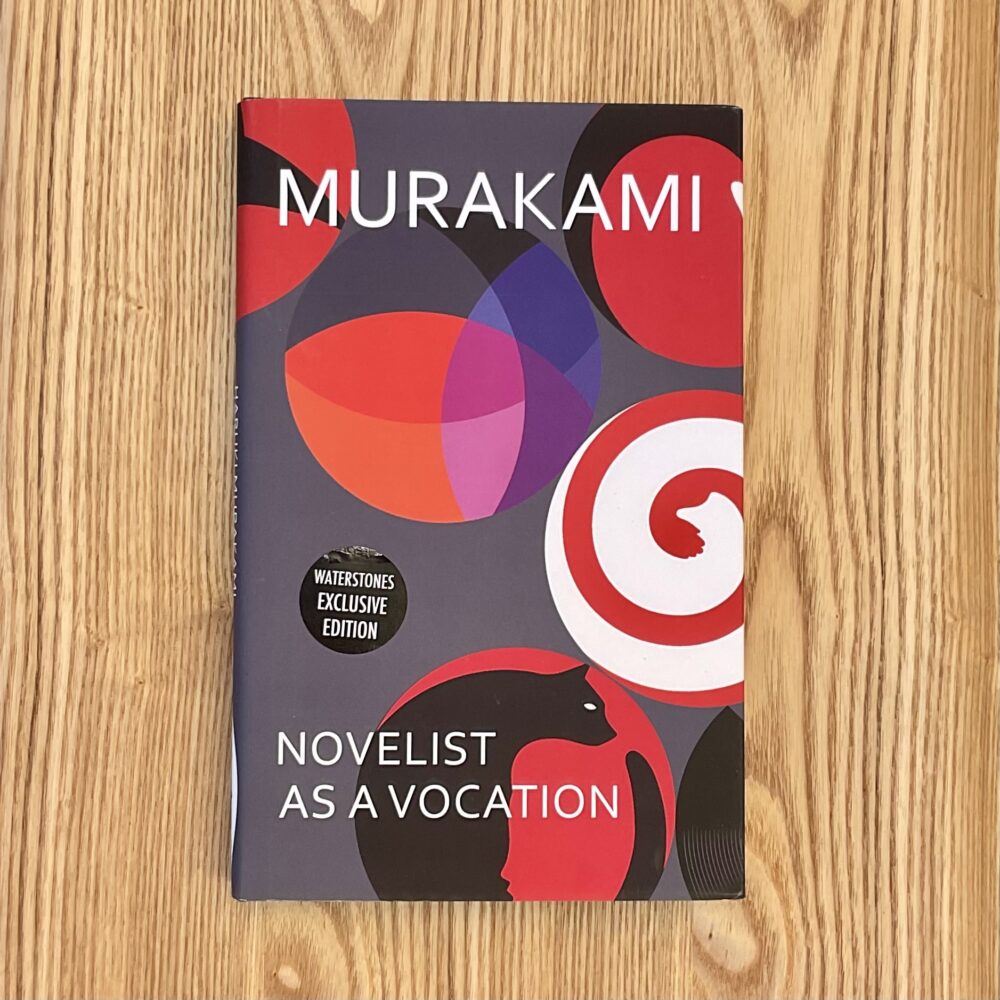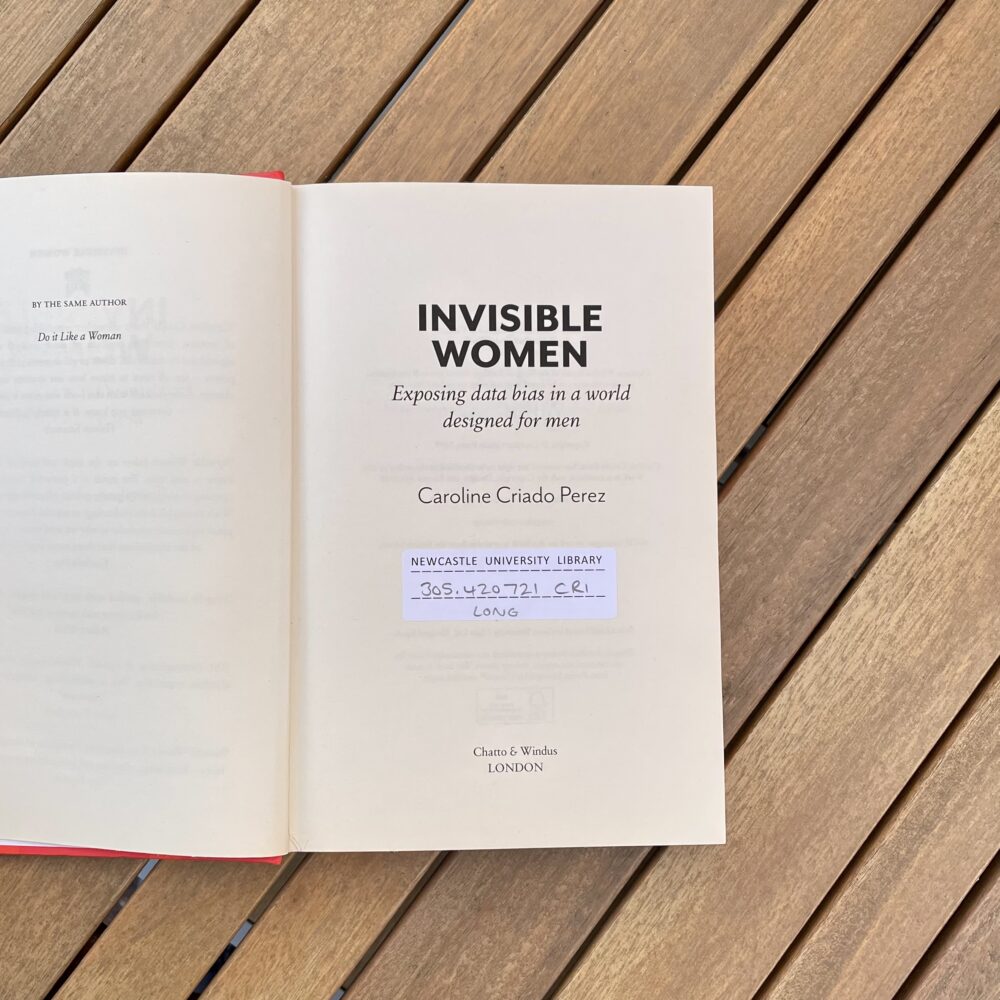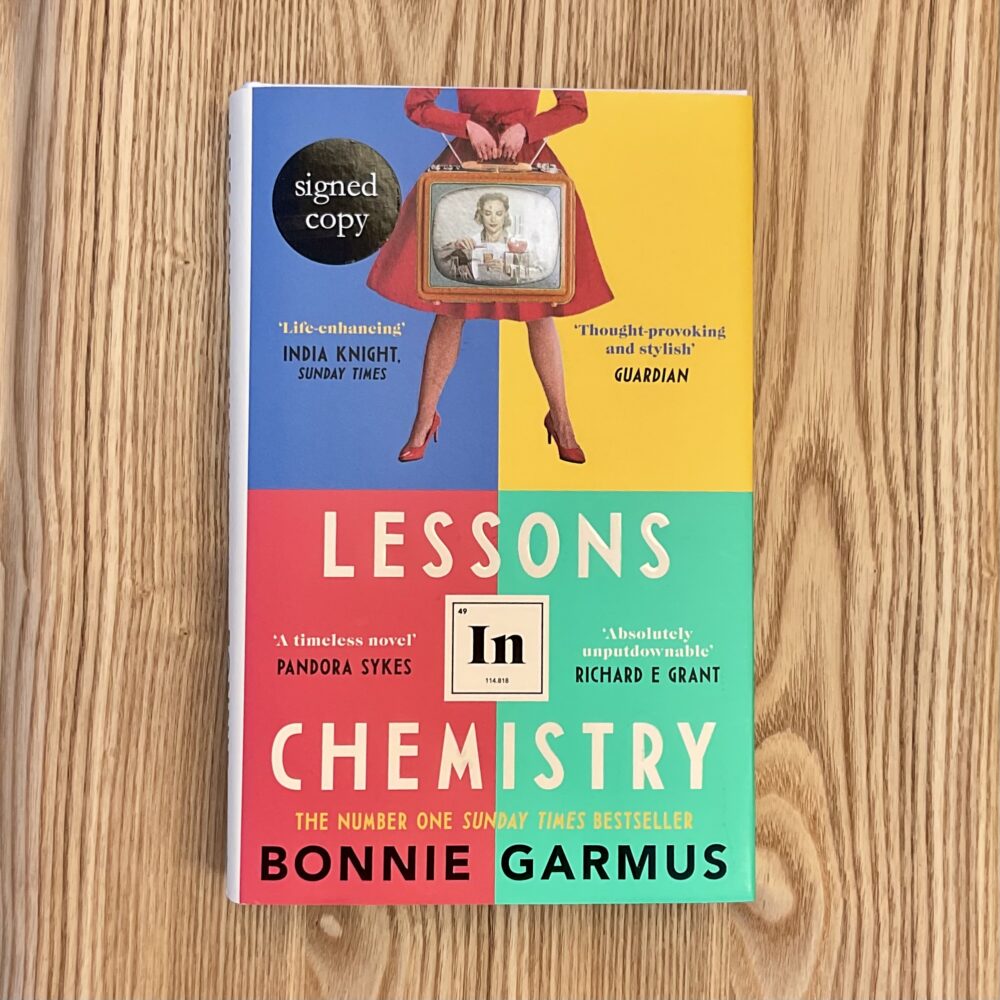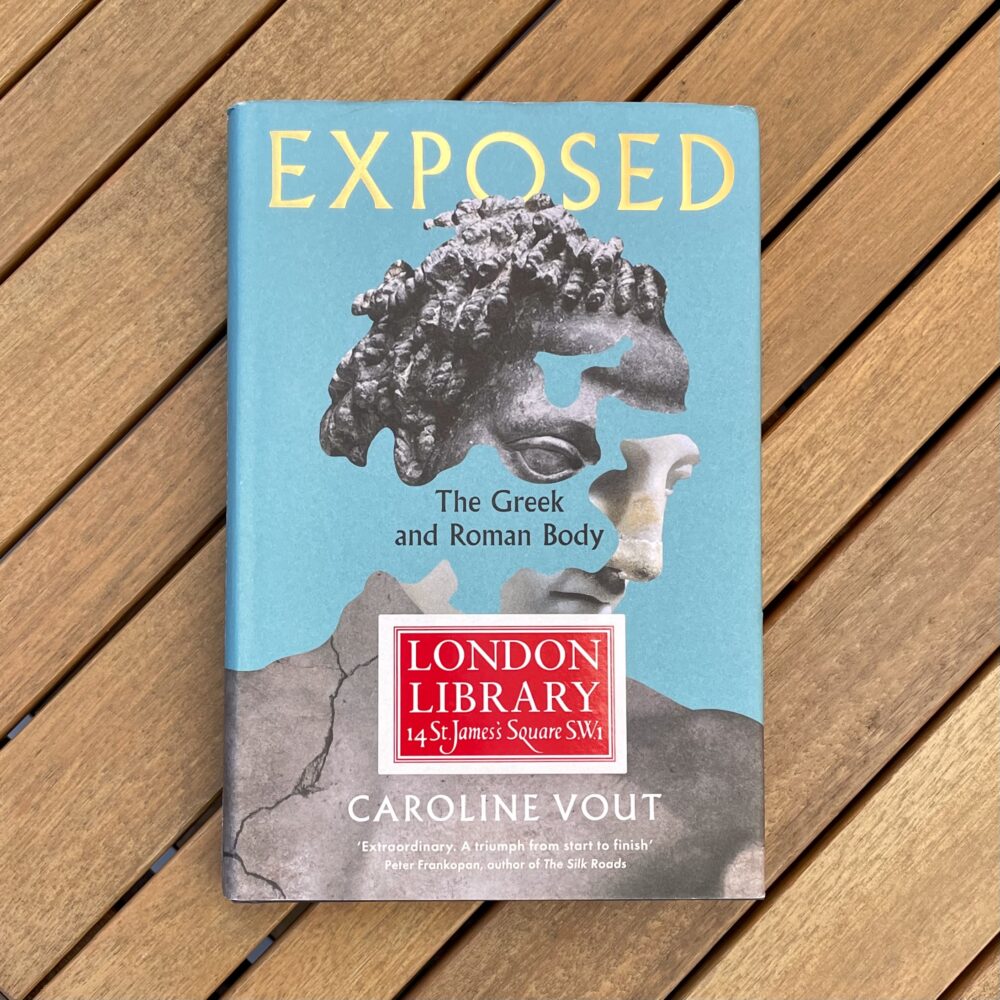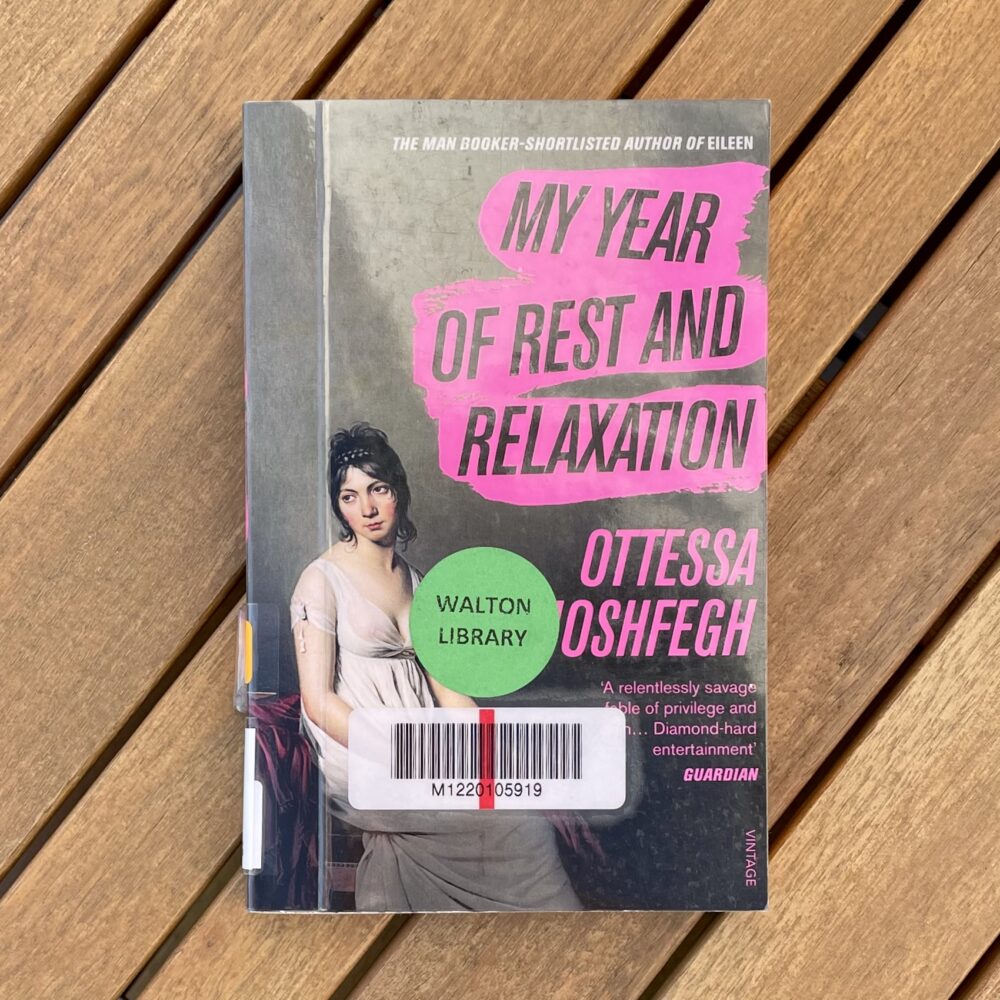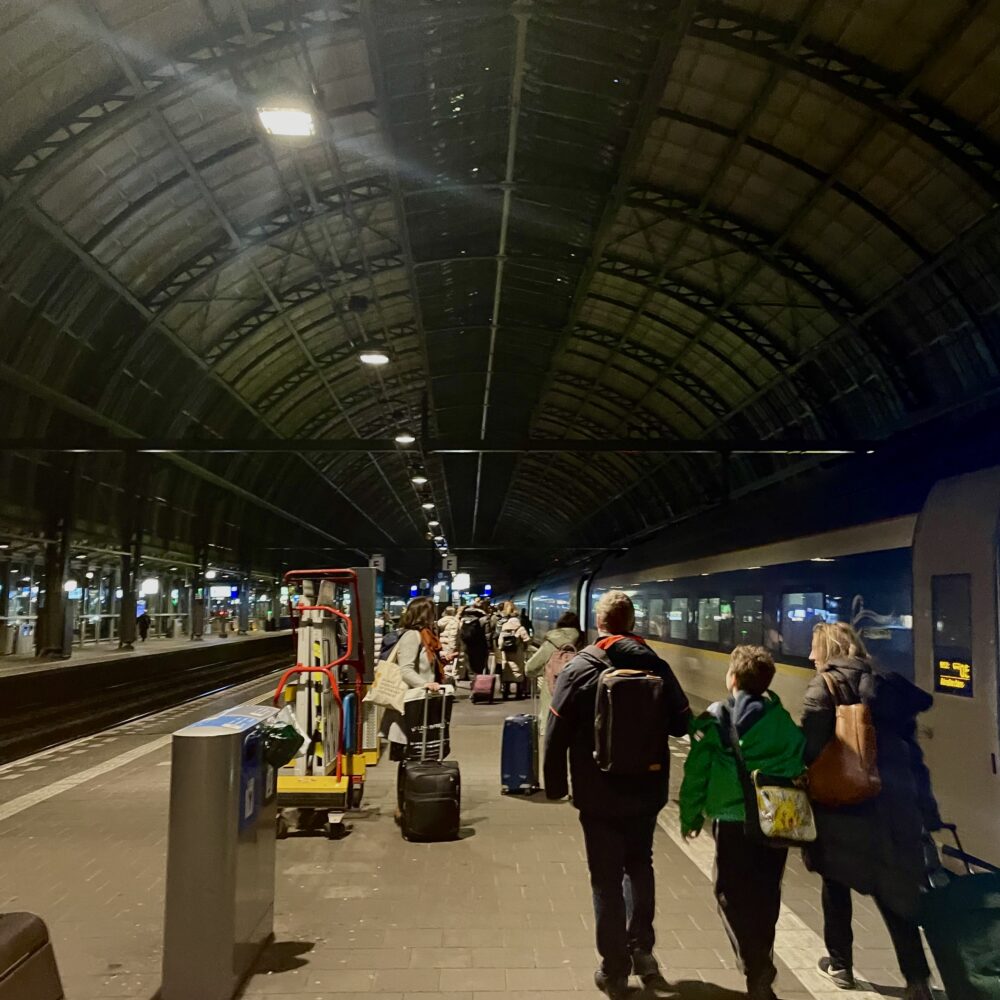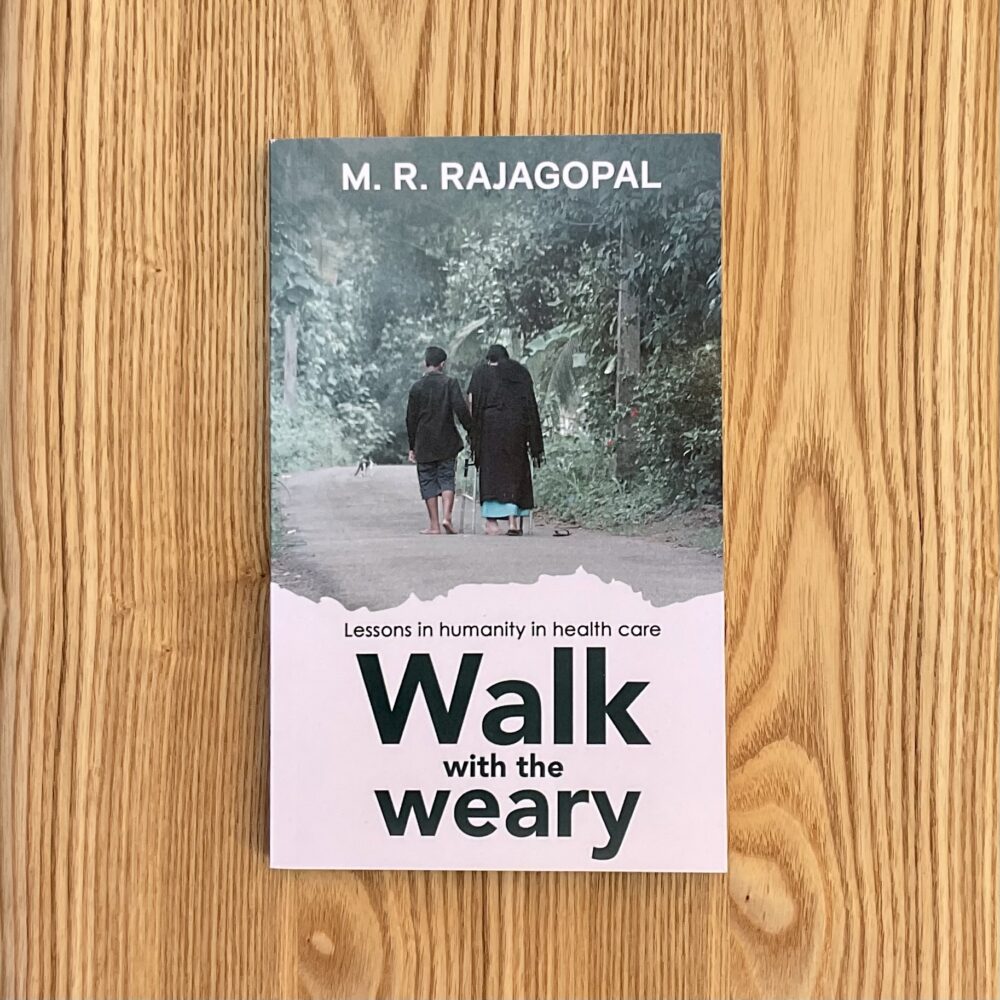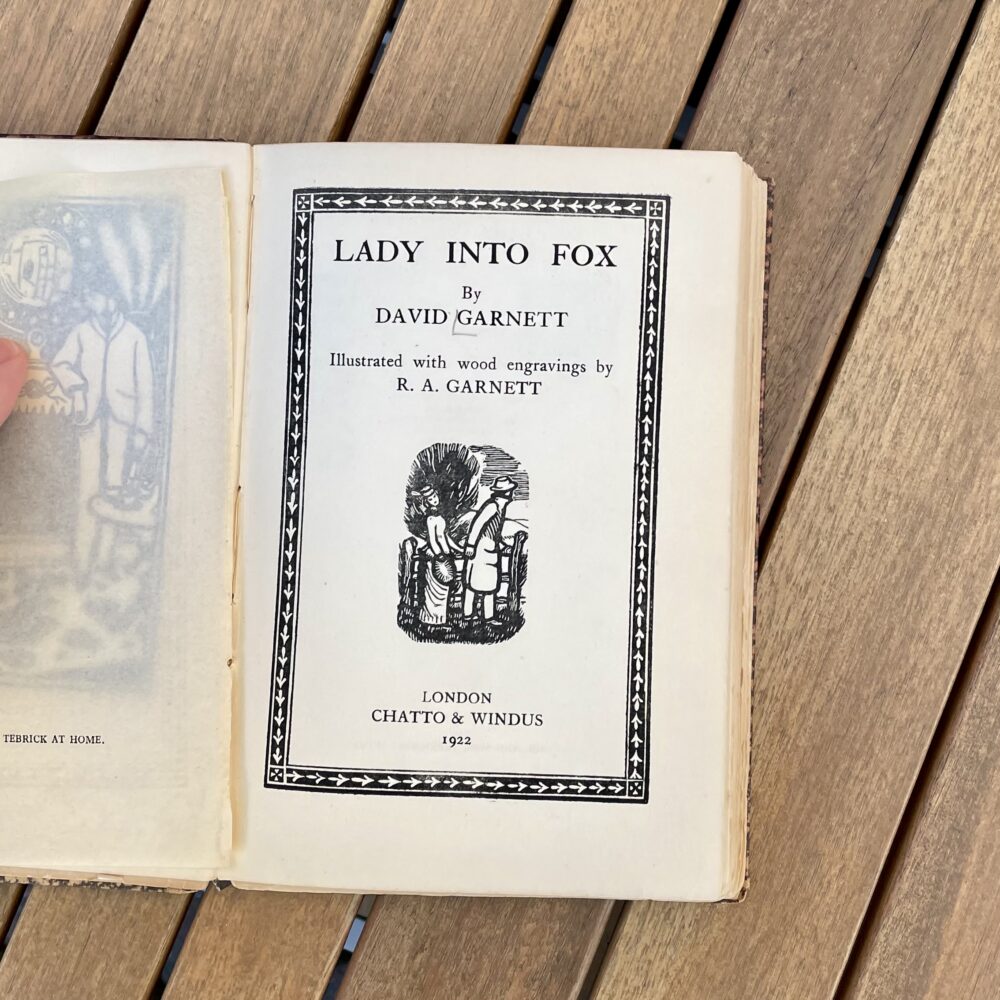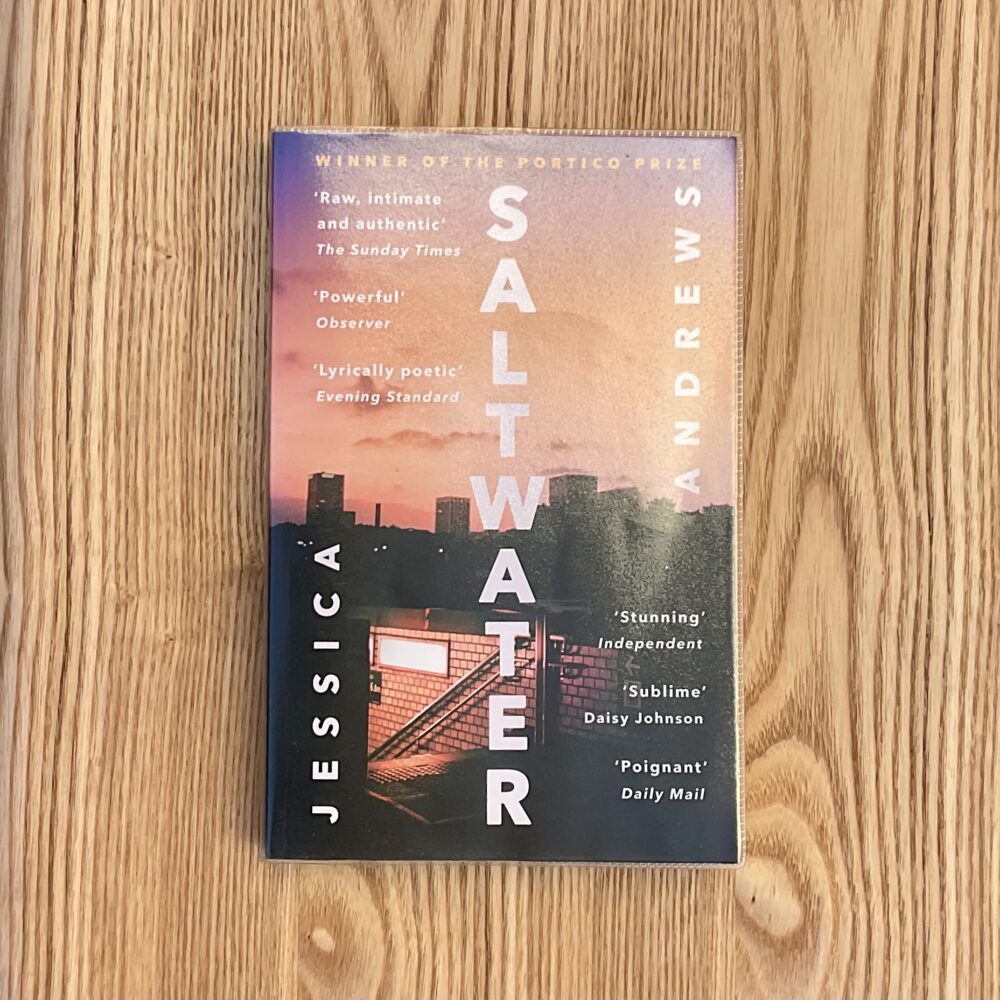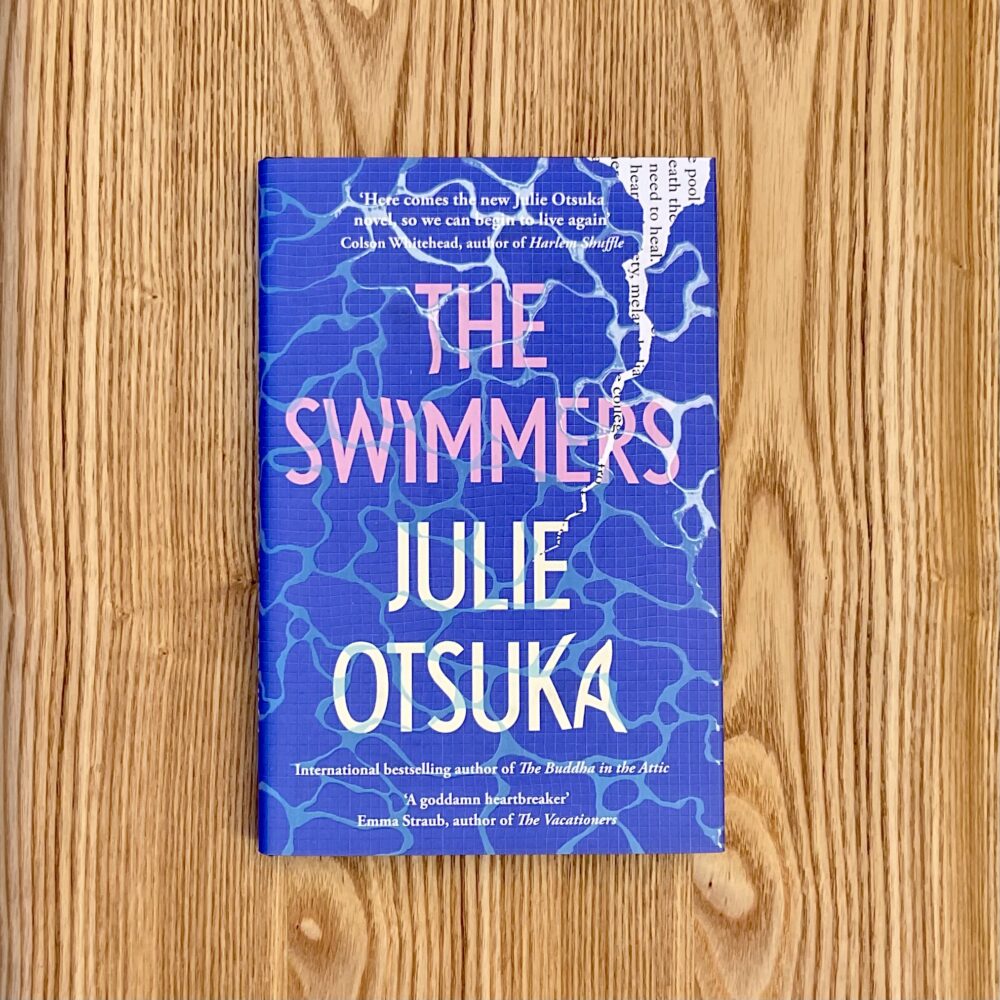I recently had occasion to travel from Newcastle to Amsterdam. This is a journey I’ve taken a few times in the past, sometimes by DFDS ferry and sometimes flying with KLM.
This time, I decided to take the train.
My options were limited.
I couldn’t travel with DFDS as my trip fell during one of their ship’s maintenance periods, meaning that departures were occurring only ever other day.
I could have taken a direct flight with KLM. This would have departed at 0925 and arrived at 1125. The snag was that the economy fare was quoting at £391, which I baulked at.
I could have taken an indirect flight with BA. This would have departed at 0940 and arrived at 1925, with a six-hour layover at Heathrow. I’m not averse to a long layover when the price is right, but at £334 in economy, it wasn’t.
I could have taken a train down to King’s Cross with Lumo (£50) and a Eurostar from St Pancras (£172), which at £222 is a pretty hefty saving over the aerial options.
And the latter is almost what I did, except I decided to take a seat in LNER first class to King’s Cross (£100), break my journey in London for a few hours, and book myself into Eurostar standard premier (£229). At £329, the upgraded train journey still undercut economy flights, and it would be much less environmentally damaging.
Geoff Dyer once wrote:
The best thing to be said about travelling by train is that it’s better than being on a coach.
In the years when I did it more often, the best thing about taking a first class morning seat from Newcastle to King’s Cross was the breakfast: the trolley of fresh pastries, the yoghurts, and most of all the delicious porridge with honey. Porridge is something I eat almost exclusively on trains.
These days, it seems the service has paled a little. There were no pastries on my train. Yoghurt was offered only as an alternative to a hot option. And the porridge was served not with honey, but with maple syrup. What has the world come to?
On the upside, the green tea wasn’t bad, which is high praise indeed, for most green tea served on modes of transport is borderline undrinkable (though substantially better than the typically stewed black tea or coffee). On BA, green tea always involves an extensive rummage in the galley, as though there might be a tea bag somewhere in the back of a tray, possibly first loaded in 1994.
When I made this journey with Lumo a few weeks ago, I noted that they were strict with seat reservations, and I attributed this to their “LumoEats” service. However, for the first time in all the years I’ve been travelling on LNER and its predecessors, the staff on this service were also militant about reservations, even in first class. When tickets were checked, passengers sitting in seats apart from those they had reserved were politely asked to move.
I approve, even though this did screw up the food orders for those who had placed them before the ticket check took place. They won’t make that mistake again, one hopes.
The age of Zoom means that the First Class quiet carriage is more missed than ever.
Along with many more important things in Britain, Brexit has ruined the Eurostar station experience—at least at St Pancras. The combined security screen and passport checks used to be so quick as to be negligible. With passport stamping and suchlike now required, it took the better part of 35 minutes to get from the station concourse to Eurostar departures.
I suppose receiving a ‘Londres’ stamp from French border agents is novel, at least.
The Eurostar train staff make all their PA announcement in three languages. I know this is common all over the world, but on British soil it makes my personal inadequacy in speaking only English feel even more acute.
This was my first journey on one of Eurostar’s newish e320 trains, having always been on e300 trains before. I couldn’t really tell you the difference.
The seats were comfy enough, the stewards kept plying me with free alcohol, there was a socket to charge devices, and we sped along through the UK, France, Brussels, and The Netherlands at nearly 200mph. Even the free wifi was alright. All Eurostar trains are a little wider than standard British trains, so they immediately feel comparatively spacious.
As with all Eurostar journeys, the best bit was arriving in the centre of Amsterdam, a stone’s throw from my hotel, and moseying out of the station: no need to worry about passport checks, baggage reclaim, taxis or transfers.
Bliss.
So, having travelled to Amsterdam by train, plane, and ship, a good blogger would plump for one of the three and say they’ll always travel that way from now on. But not me.
I’d have no hesitation in hopping on the train again when circumstances allow, but that isn’t going to work for a day trip.
The ferry is nice for travelling while asleep and saving on a night’s accommodation, but there’s only one sailing per day, so the timing has to work out, and the carbon footprint isn’t exactly exemplary.
And the plane’s fastest, but it’s also often expensive, and comes with a dose of flygskam.
So… it’s horses for courses, innit.
